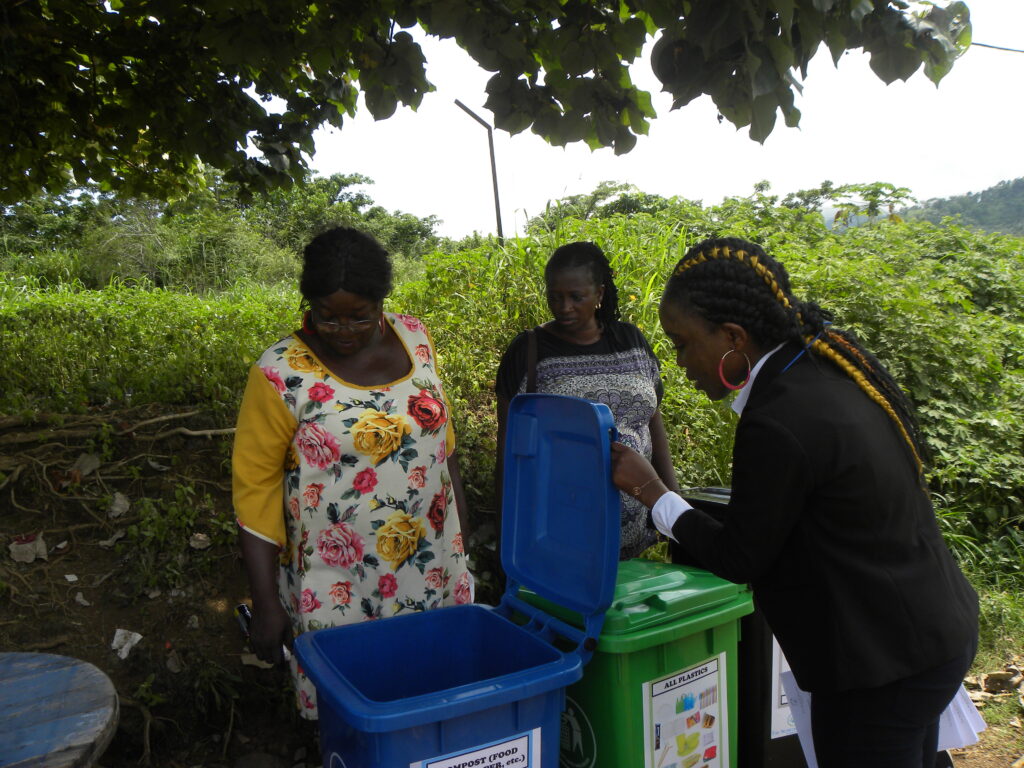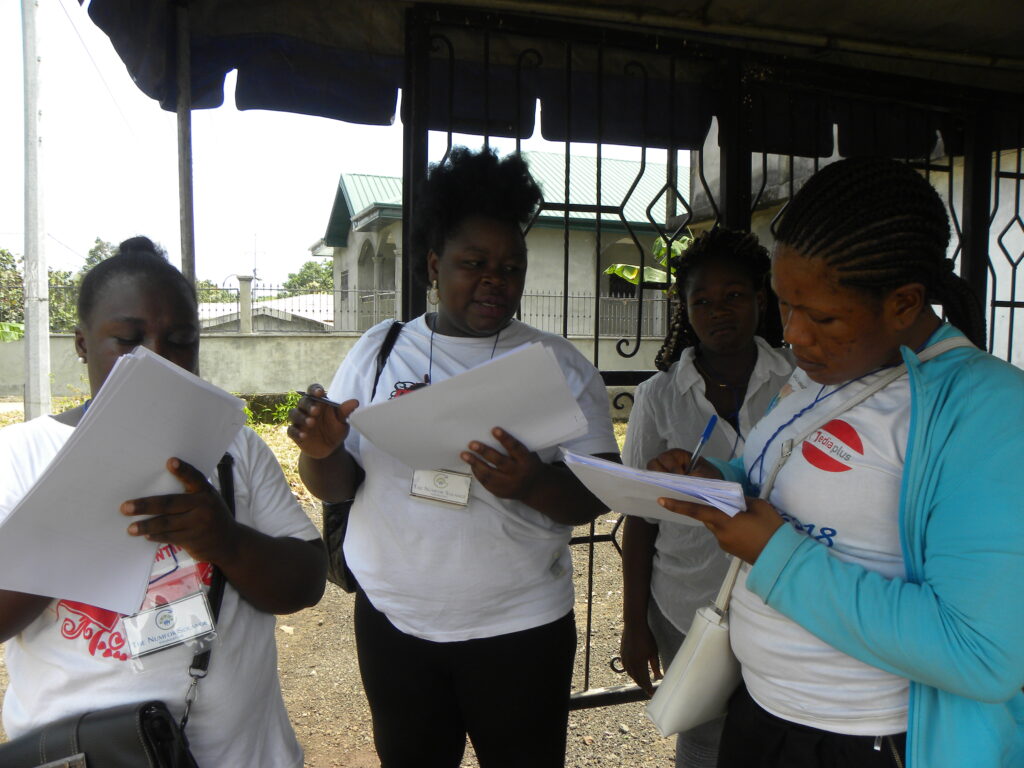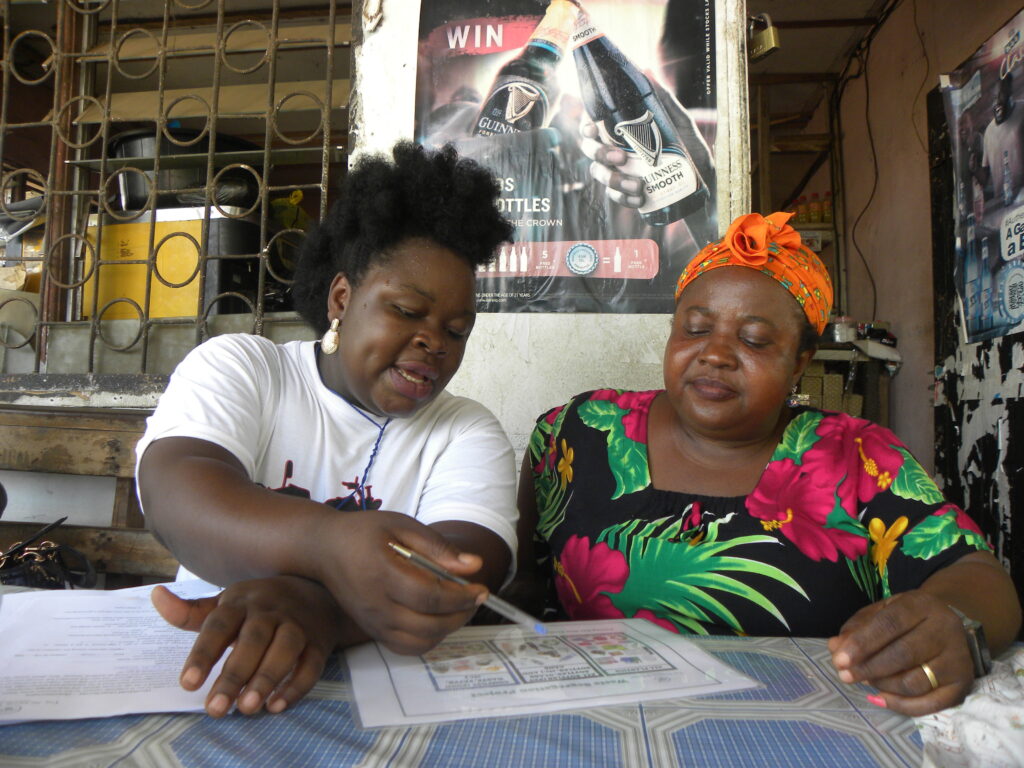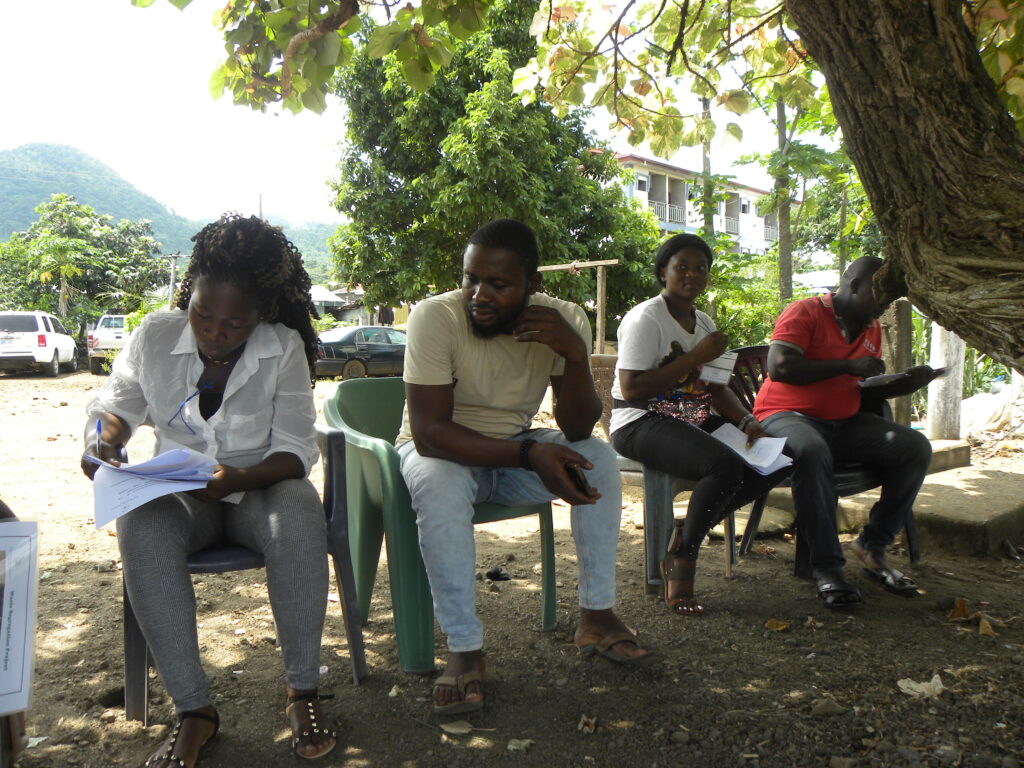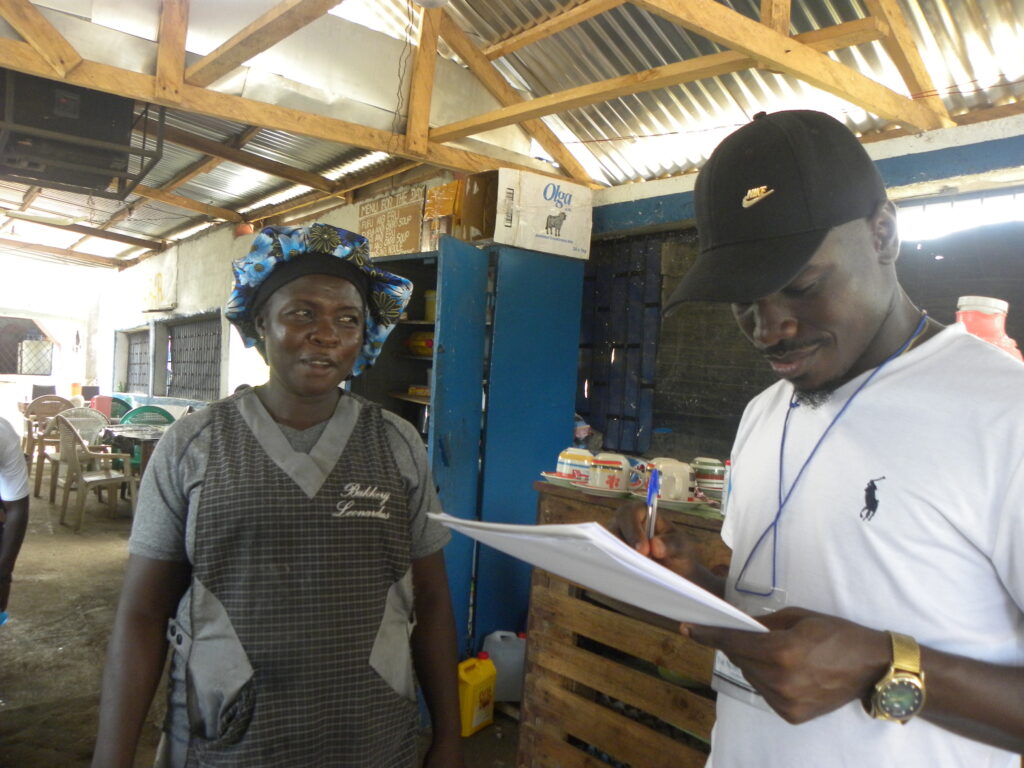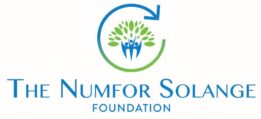Waste Segregation And Sensitization Project
Funded through the Tomoni Crowdfunding Program by Tohoku University
On May 11th, the Waste Segregation and Sensitization Project was launched at the Limbe II Municipal Council, Cameroon. The Mayor of Limbe II Council, the Divisional Delegate of Environment and Nature Protection Fako Division, the Manjung Cultural Group, various media houses and other dignitaries, as well as the members and volunteers of the Numfor Solange Foundation, were present. A total of 48 communal garbage bins were presented to the municipal council, the local chiefdoms in the presence of the chiefs and local councils, and then placed at strategic positions around these communities. The launching was followed by a door-to-door sensitization and a survey-questionnaire to get the opinions of the population on the project. Reports on this project include My Media Prime TV, Hi TV, Vision 4 TV (2:53 to 6:01), TFY News, The Eye Newspaper, News Upfront, and other reports by Kamer Info and Mimi Mefo Info.
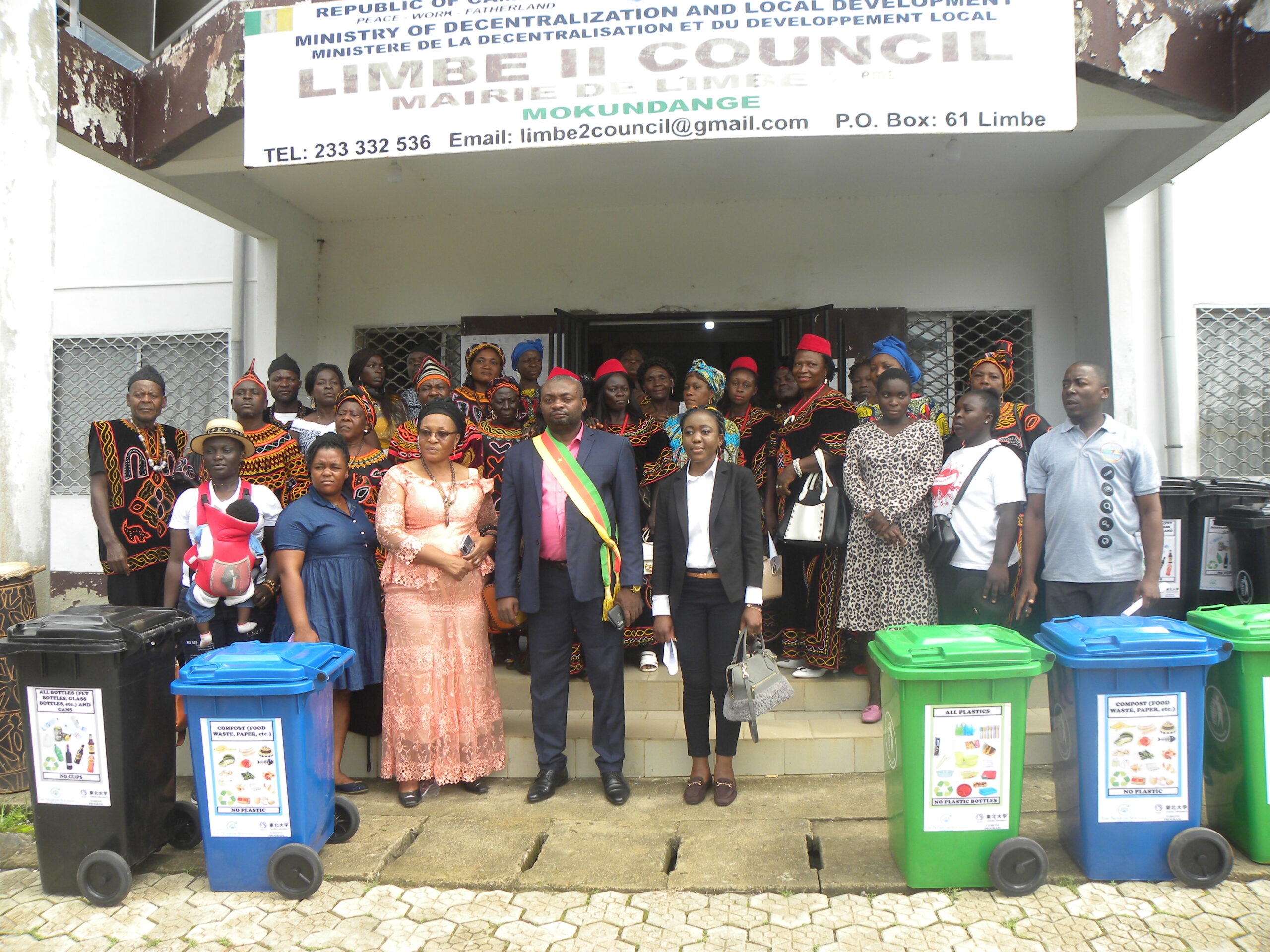
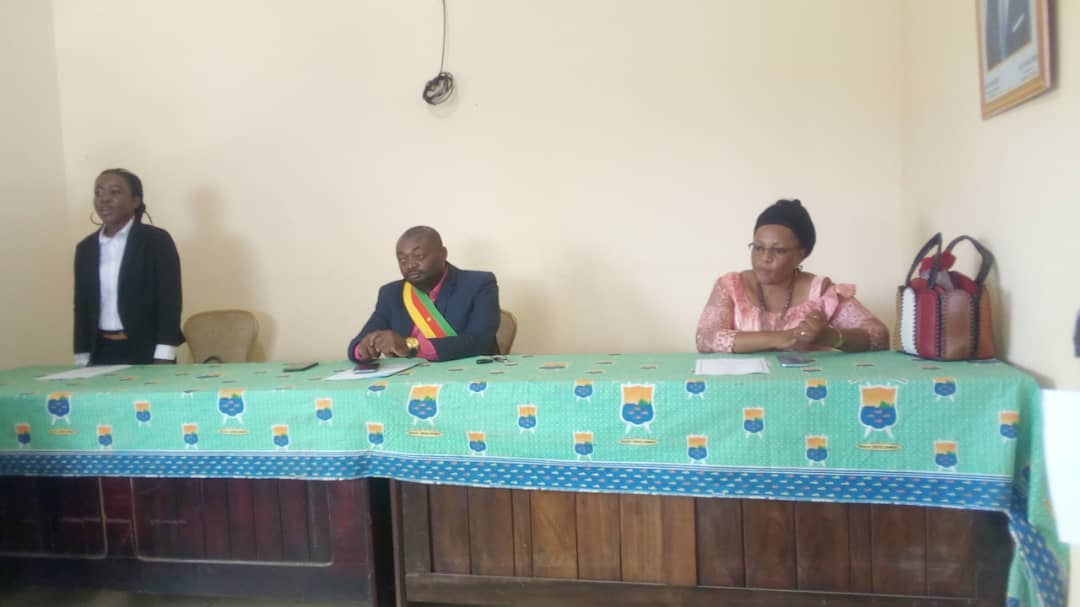
The launching at the council was successful, given the presence and participation of the above-mentioned bodies and the full support from the council. The sensitization and survey collection were also successful. The survey had about 200 respondents. The donated garbage bins were received with joy by the local authorities and the public. The project also received support from a member of parliament in Cameroon, which ensured massive media coverage. In addition, the Divisional Delegate for Environment and Nature Protection of Wouri-Douala, the economic capital of Cameroon has shown interest in working together with us to do a follow-up and evaluation on the project, as this would facilitate improvement on the current waste management system of the country. The local authorities (quarter heads) were open to ensuring that the garbage bins are used appropriately in their various quarters. The project also received support from a member of parliament in Cameroon, Honorable Oliver Agho, who is also currently a student at Tohoku University. Figure 6 shows the various supporters of the project, including the Mayor, the Divisional delegate of Environment, the Bafut Cultural Group and other volunteers.
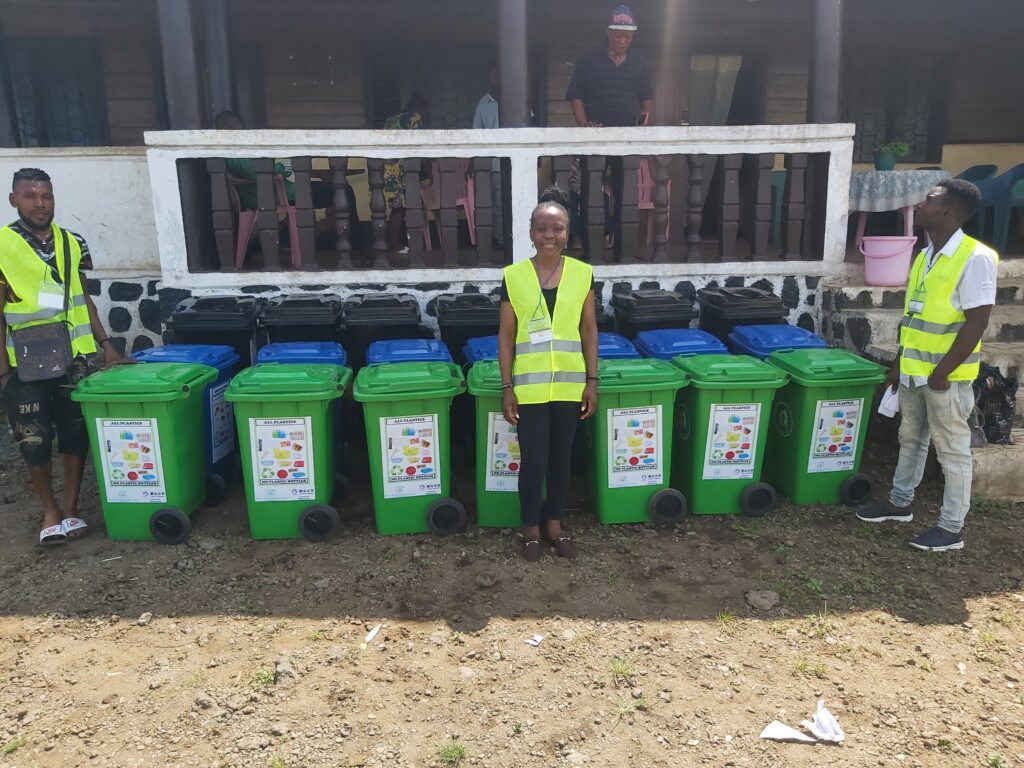
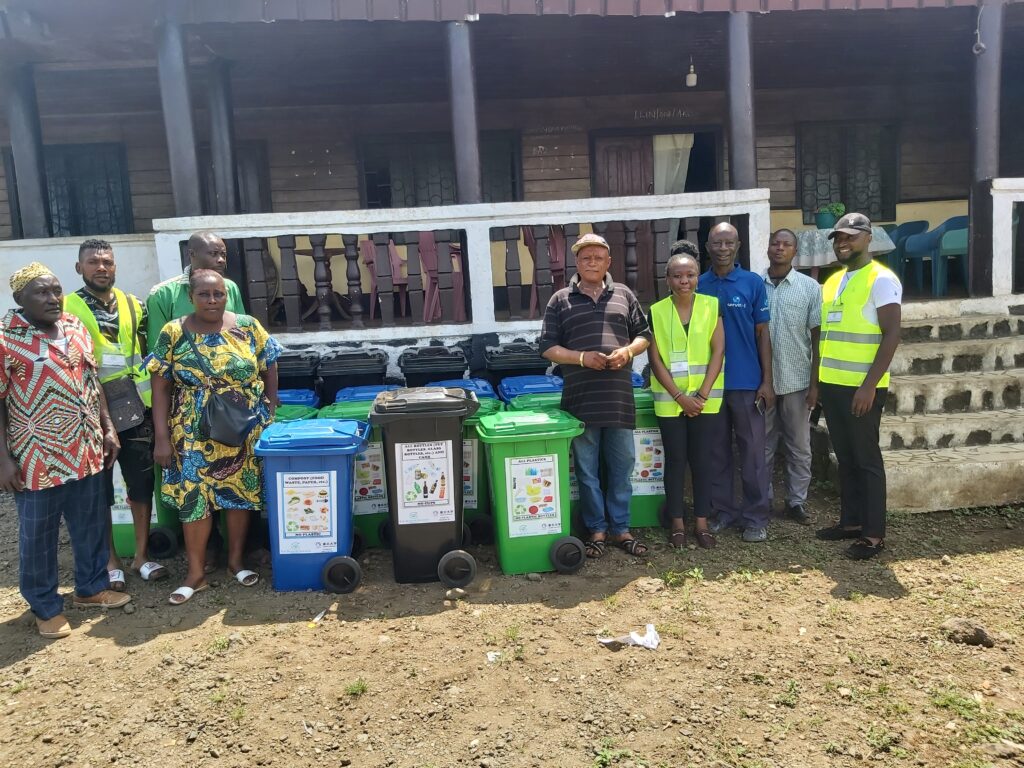
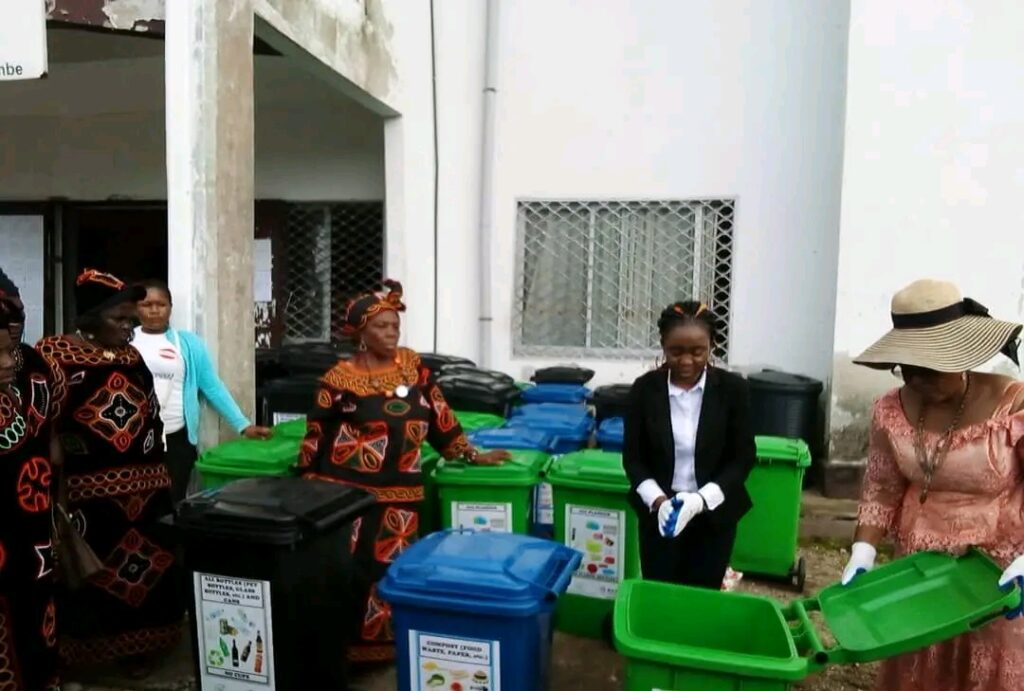

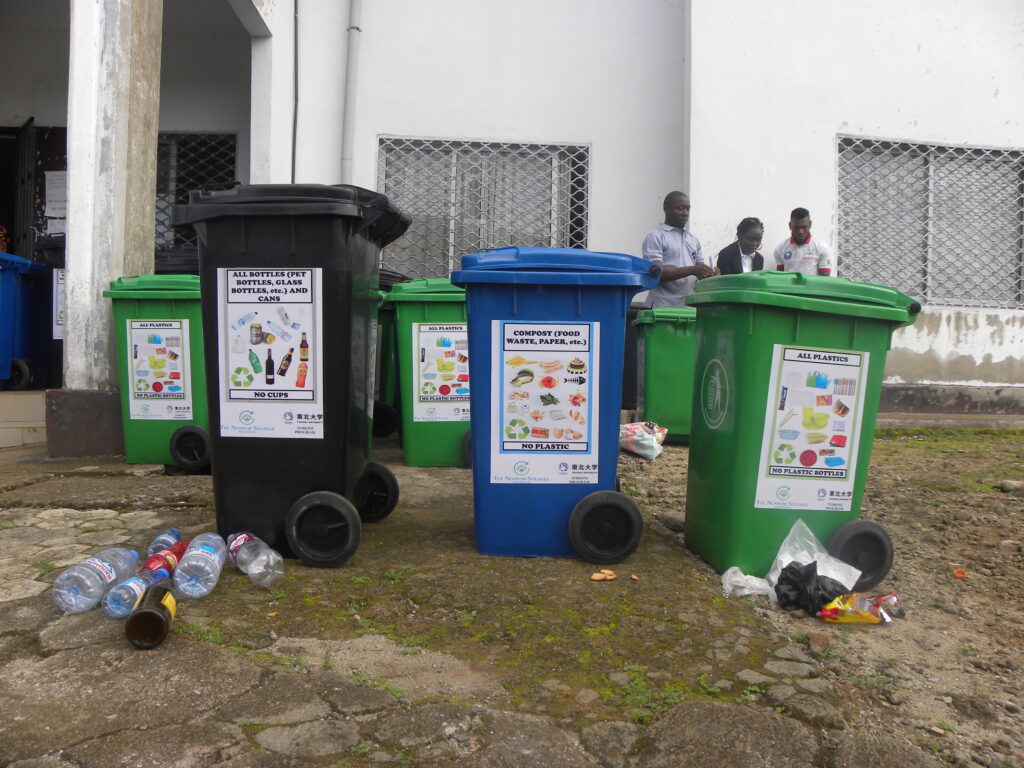
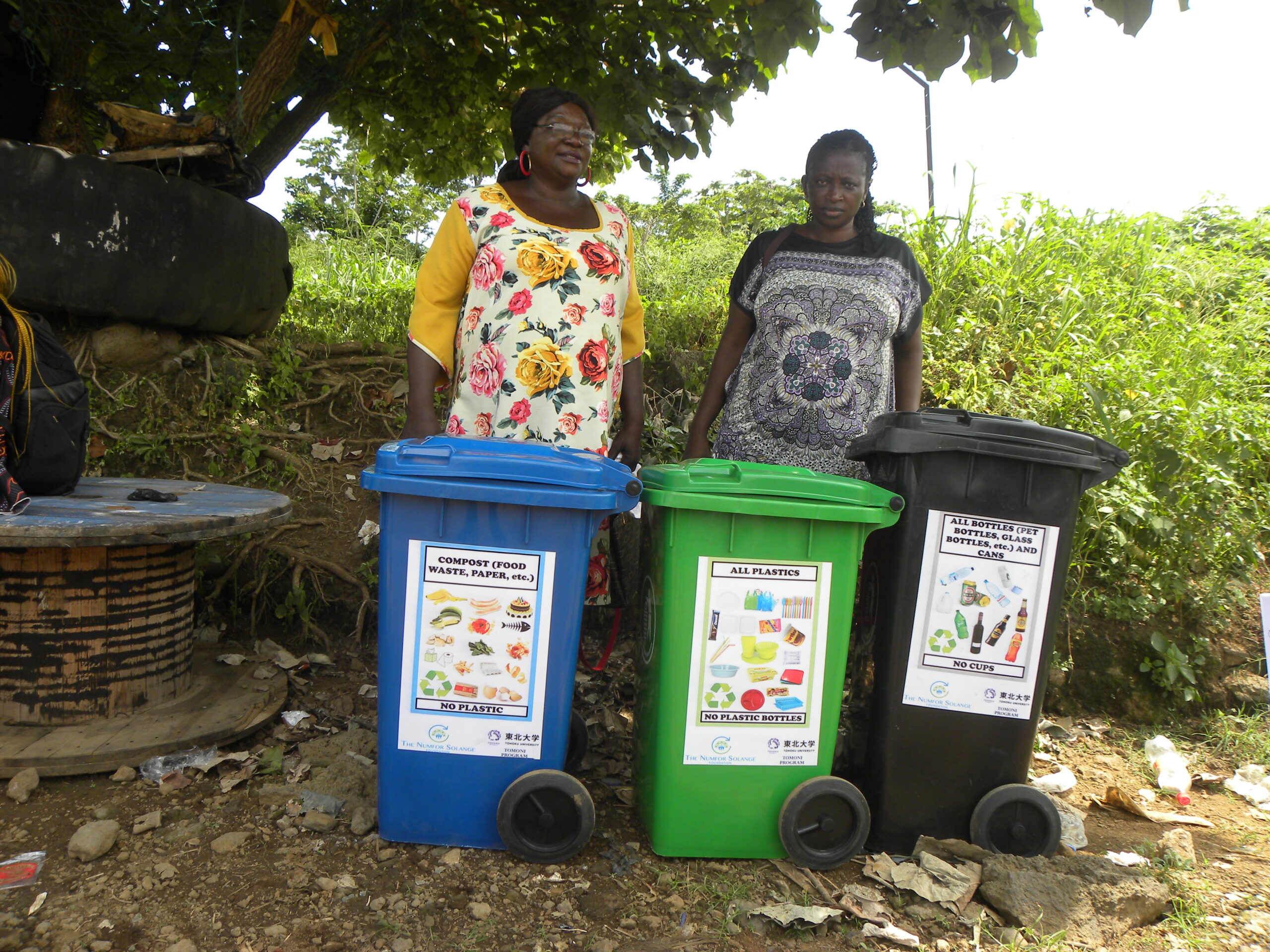
Although the project witnessed a massive success, it wasn’t without challenges. The first unexpected challenge was the absence of garbage collection service in some interior parts of the Batoke and Mokundange localities. The garbage bins were pricey, so the budget was insufficient to purchase more bins. The donated bins were insufficient, so some village quarters didn’t receive any. In addition, the absence of major waste recycling facilities in the city of Limbe, makes it challenging to channel the wastes collected to the appropriate facilities. However, other petit initiatives utilize some plastics collected.
Waste segregation is not an end in itself, but a means to properly separate wastes to facilitate collection and recycling. However, without a corresponding recycling plan in place, the segregated waste could end up mixed in the landfills. Notwithstanding, the sensitization raised an awareness of the population on how to segregate wastes and the importance of such an activity. In addition, the population would like to see the immediate benefits of segregating their household wastes. For example, if food waste collected could be recycled to produce biogas for cooking, then the population would be motivated to segregate and bring their food waste in exchange for cooking gas. There is therefore need for a support system, including recycling, to ensure maximum cooperation of the population.
Sensitization of the Population
Given the awareness of the population as one of the problems of the current waste management system in Cameroon, it is imperative to educate the population on the methods and importance of managing and recycling wastes in the country. As part of the waste segregation project, The Numfor Solange Foundation took to the streets and door post some volunteers to sensitize the population on the importance of segregating wastes and the need to use the donated garbage bins appropriately. In addition, in a beach clean-up campaign by The Numfor Solange Foundation, a number of youths from different bodies were invited to participate in the clean-up, in a bit to ensure an inclusive participation as well as a sensitization of the population. The population were delighted to be part of such activities and were happy to see a clean and healthy environment.
